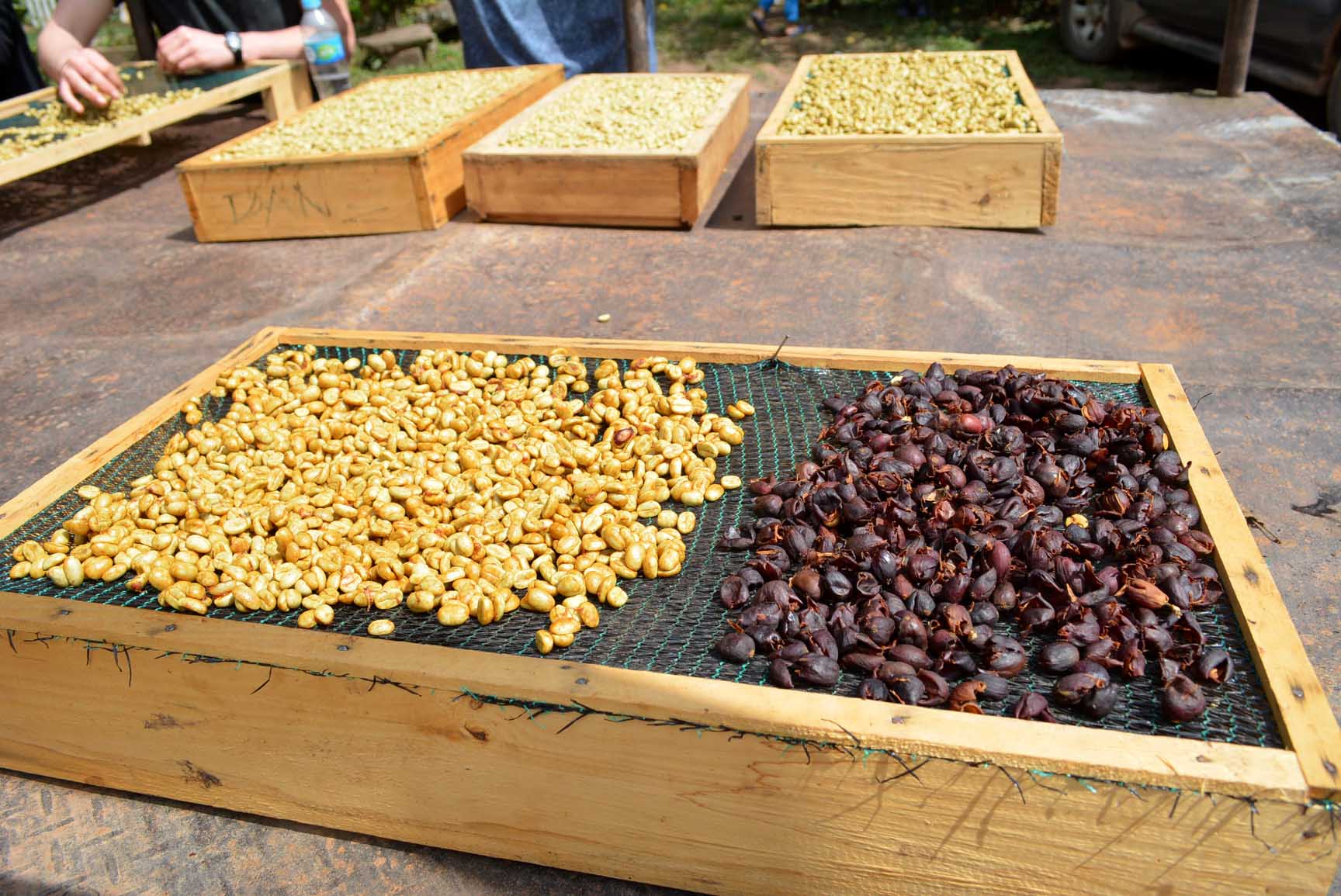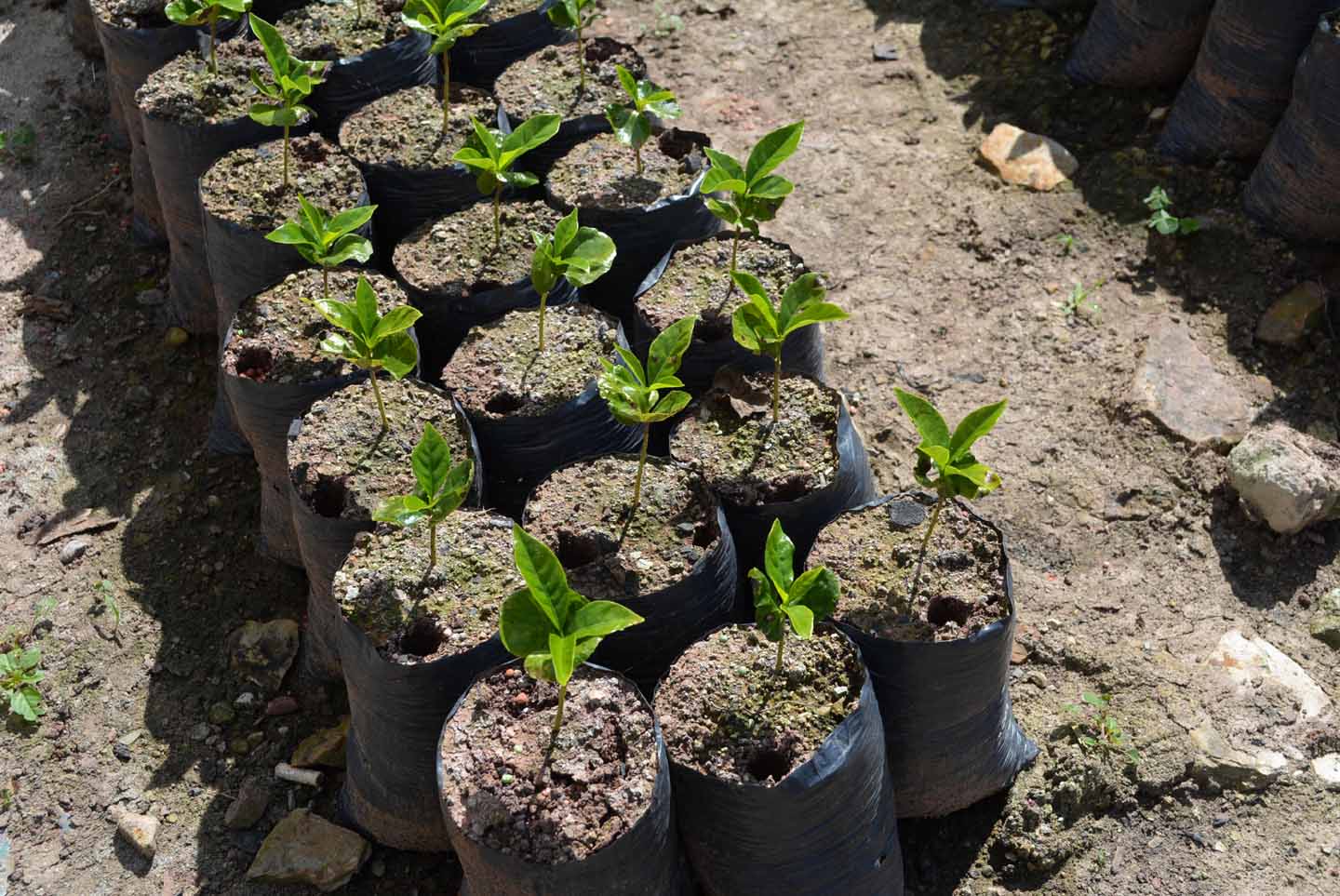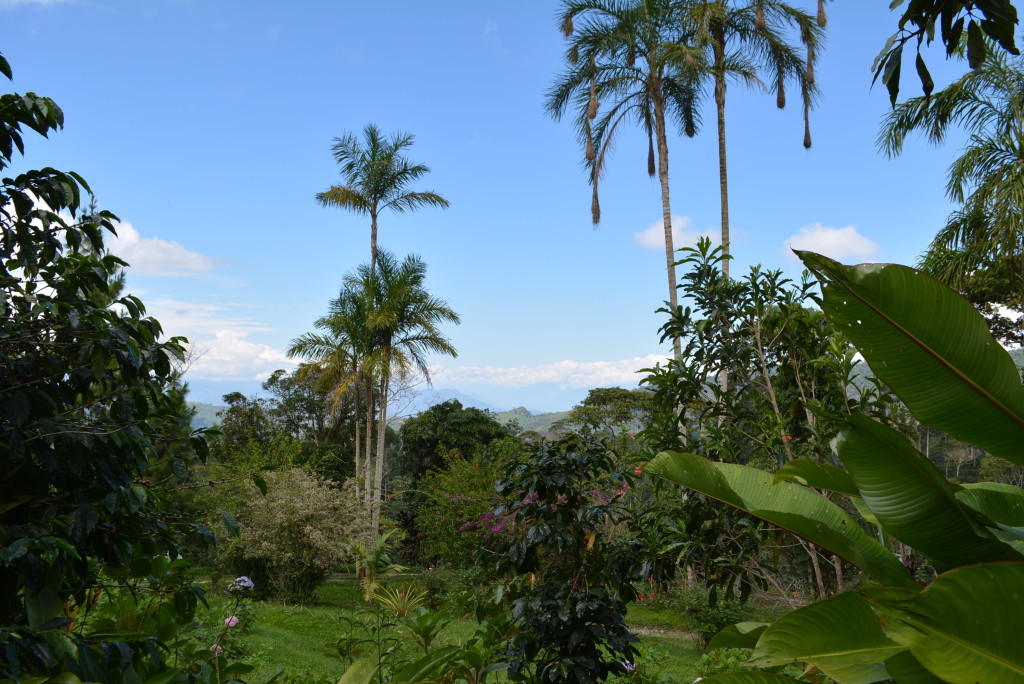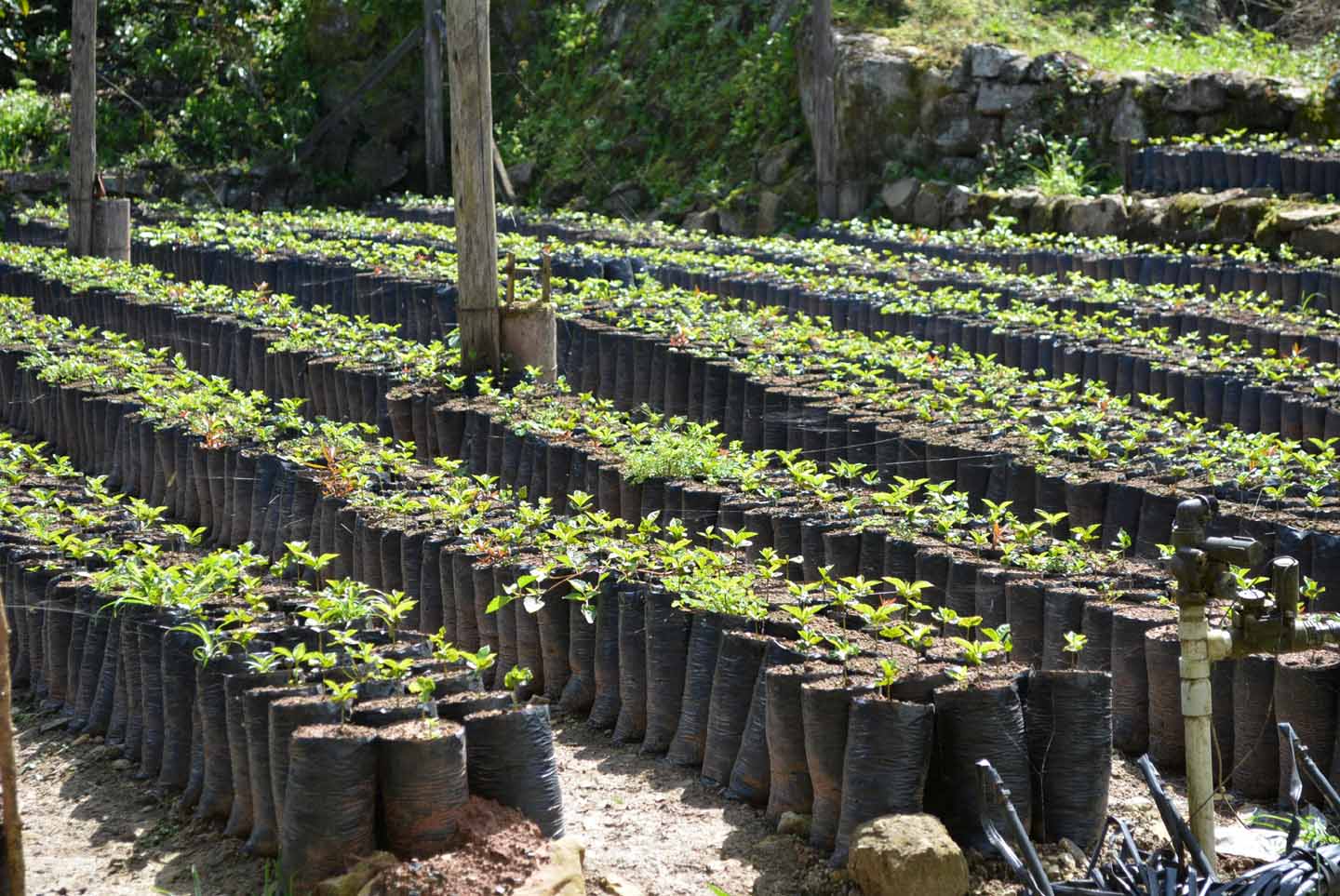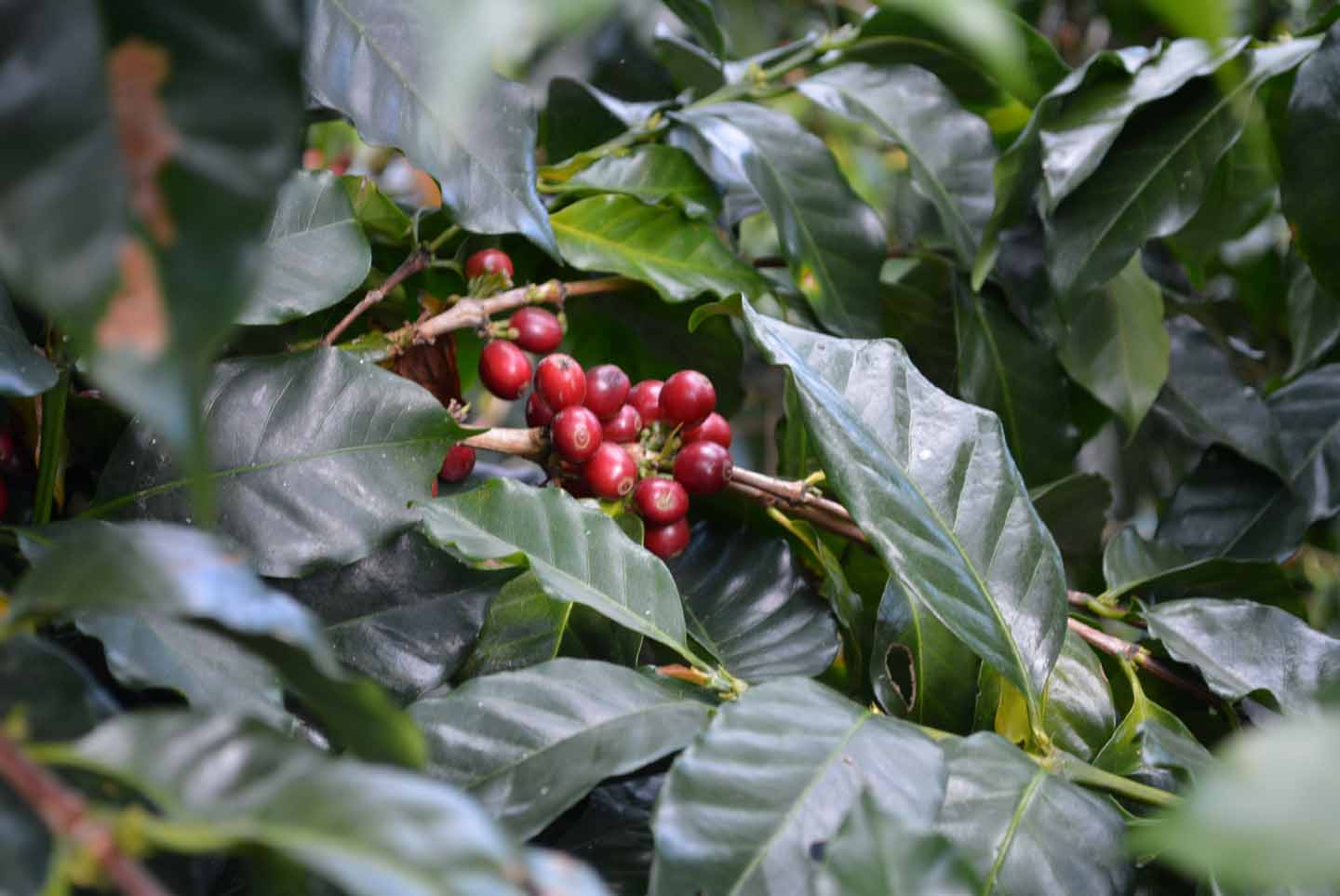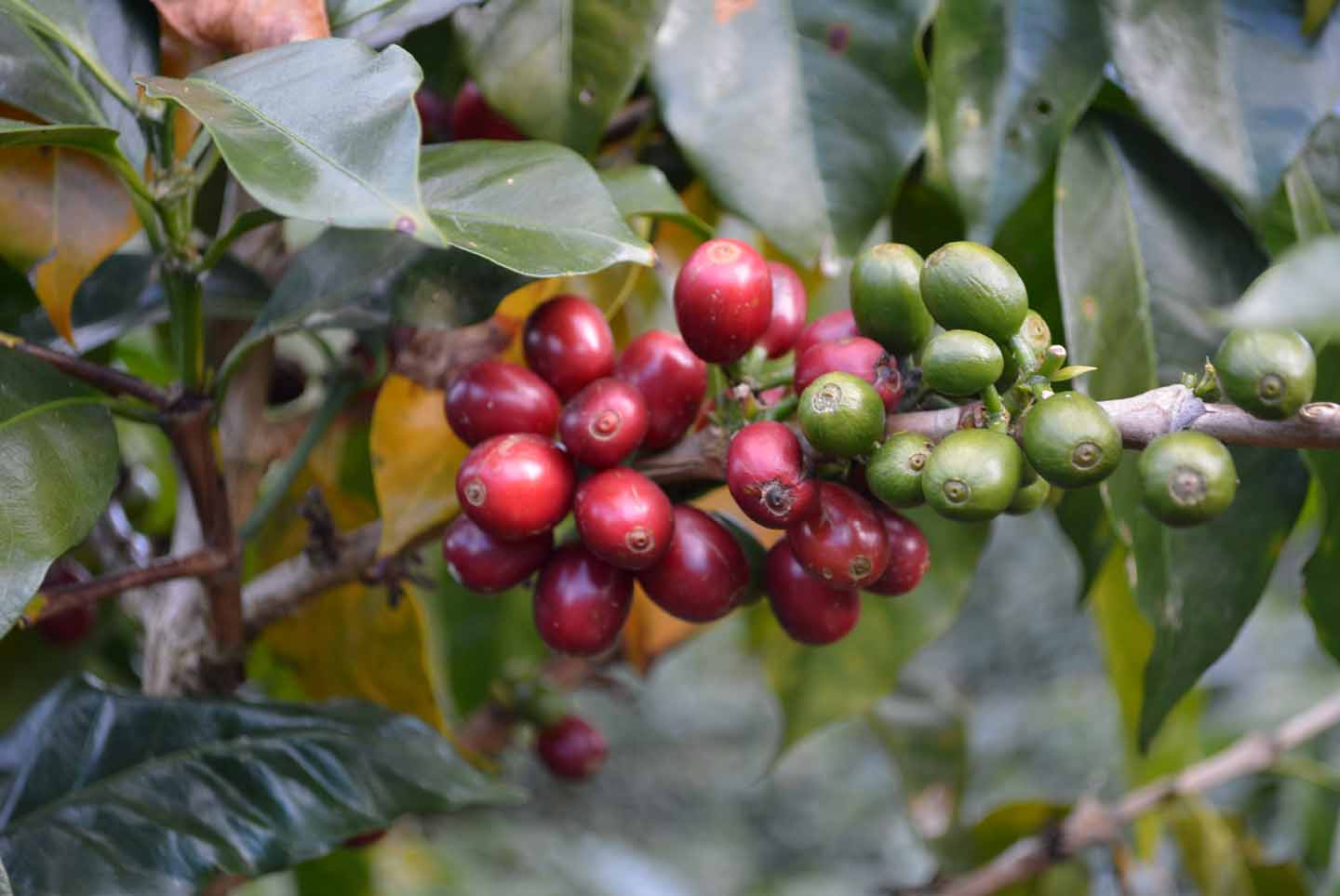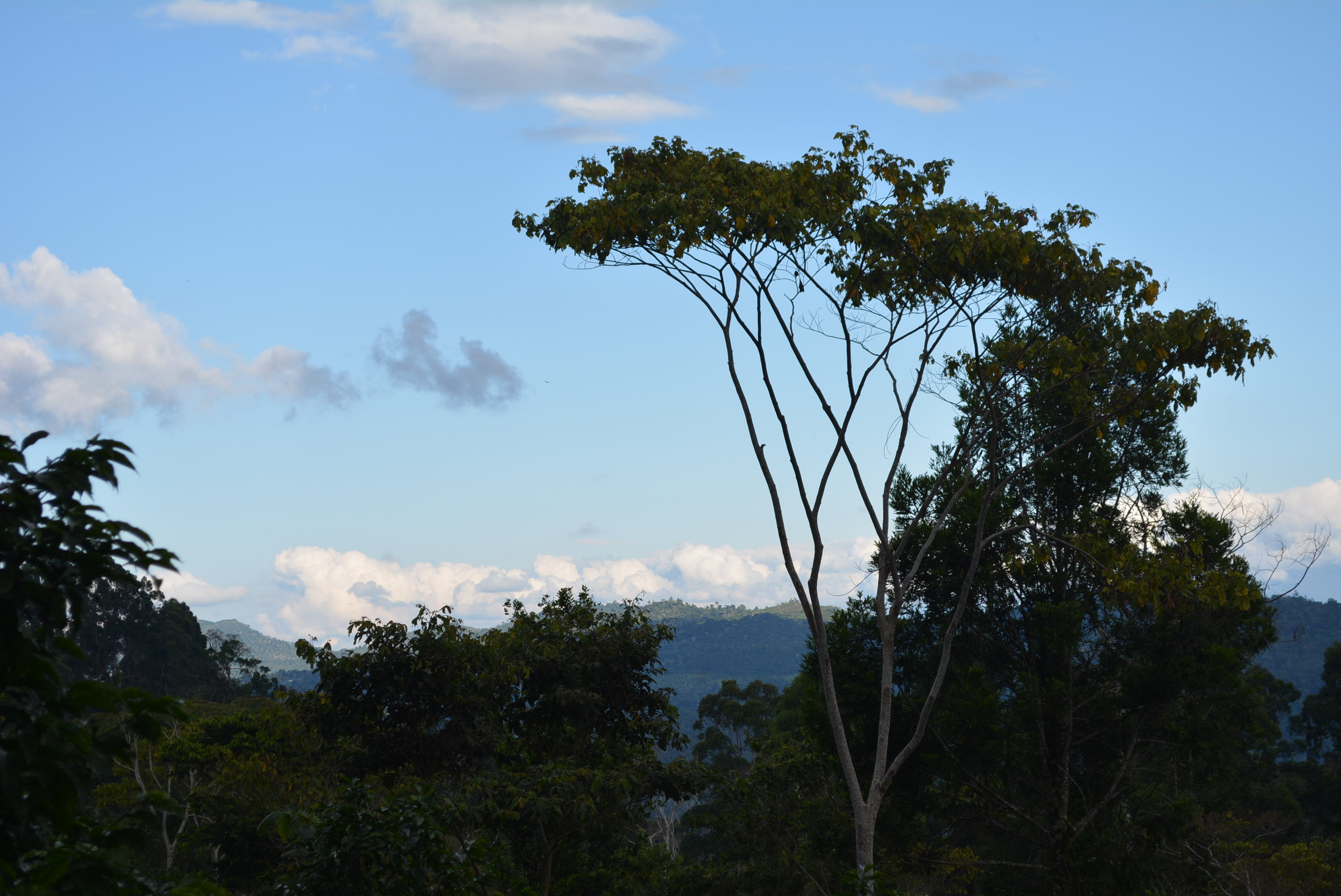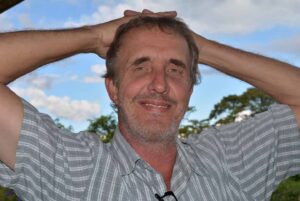
Update 11/11/18 Recently we lost Horst Gehrmann. It was a shock to lose a fellow coffee lover, and the loss will be felt long. Reposted in Memorium: RIP Horst Gehrmann.
The Gehrmann family migrated to Villa Rica, Peru after the first World War. This part of Peru has many German and Italian immigrants that migrated here in the 19th and early 20th centuries.
This is Part 3 of our recent point of origin trip to Villa Rica in search of excellent coffee. (Part 1 is here,
and part 2 can be found at this link here.)
Highland Coffee Processors
Horst Gehrmann has picked us up this morning at Highland Coffee Processors in Villa Rica. We’re with Cesar Marin of Chacra D’dago who is a neighbor and friend to the Gehrmann family, and has been working with Horst to help improve coffee quality and share ideas on sustainability practices.
Highland has good equipment for peeling the parchment coffee, as well as for cleaning and removing defects. They will be our partners in quality for this part of our coffee purchase this year, processing our coffees from Chacra D’dago, Finca EL Dorado, Masamari and Curibamba.


Finca El Dorado
The Finca EL Dorado lies above Villa Rica near the Laguna Oconal. The roads are winding, but generally not too bad as we make our way from town back to the finca (farm.) Horst has several small parcels along the way, and the coffee pickers are hard at work picking ripe, red mature coffee cherries. We stop and chat with the workers as well as take some coffee shots for you, our cherished reader.
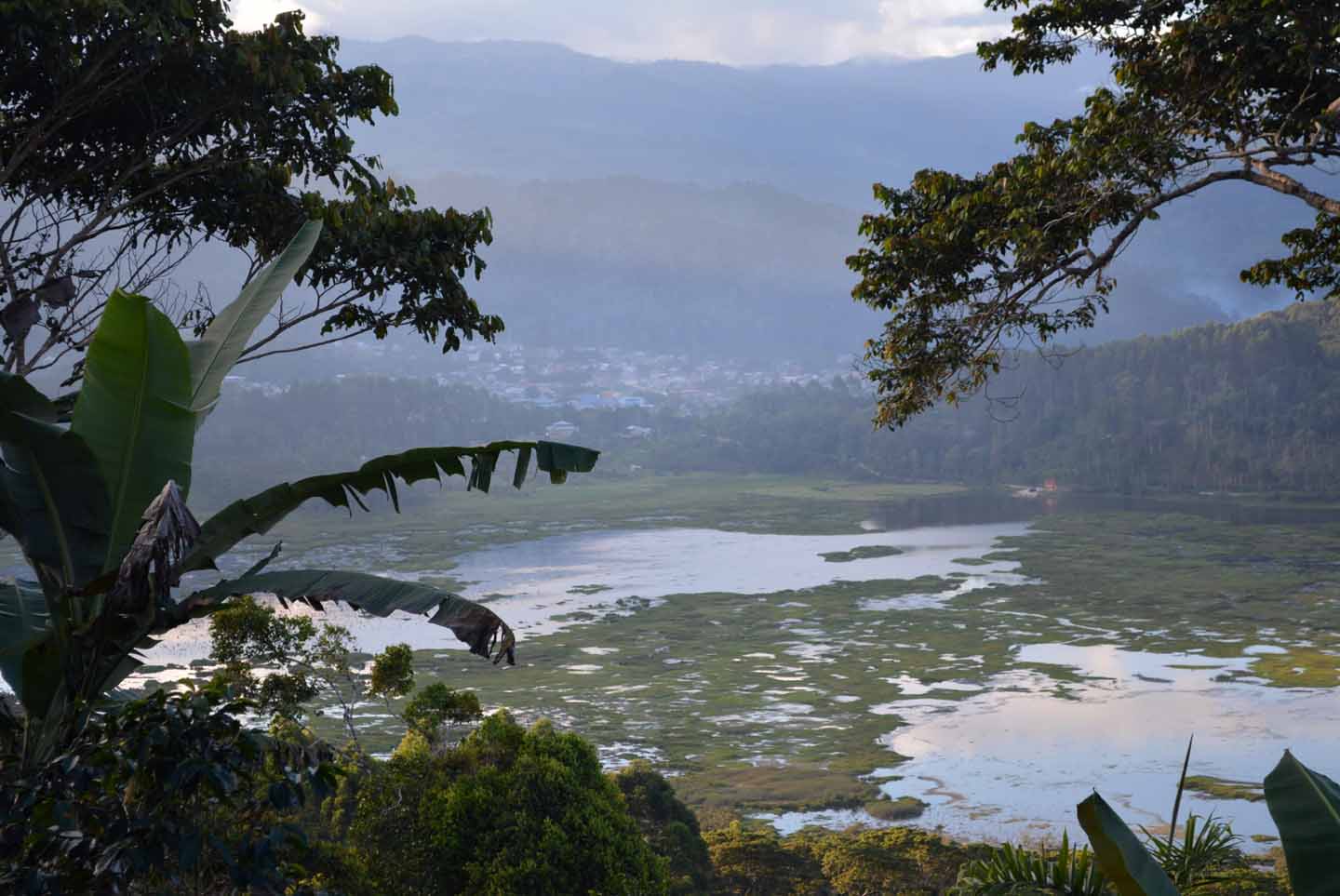
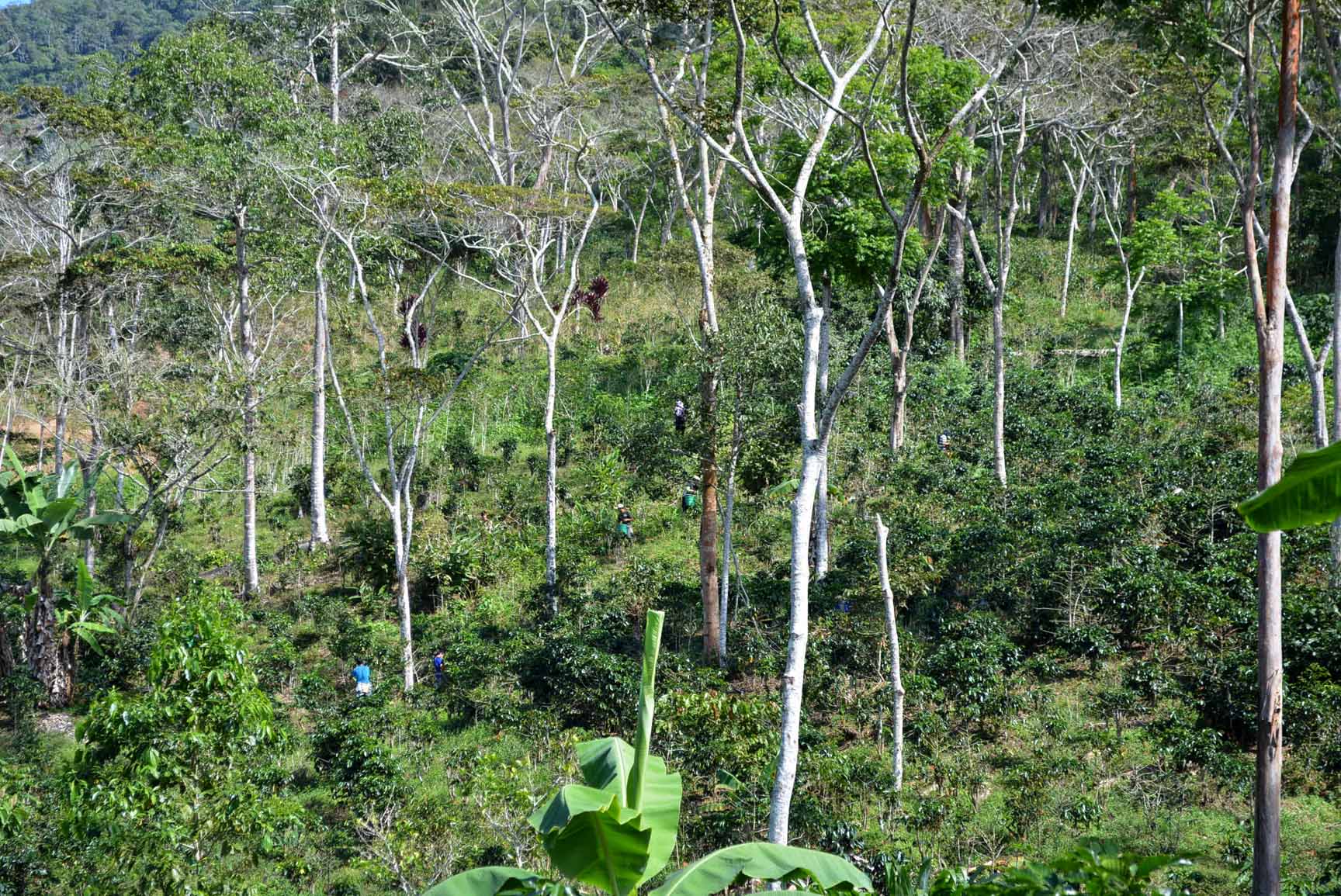
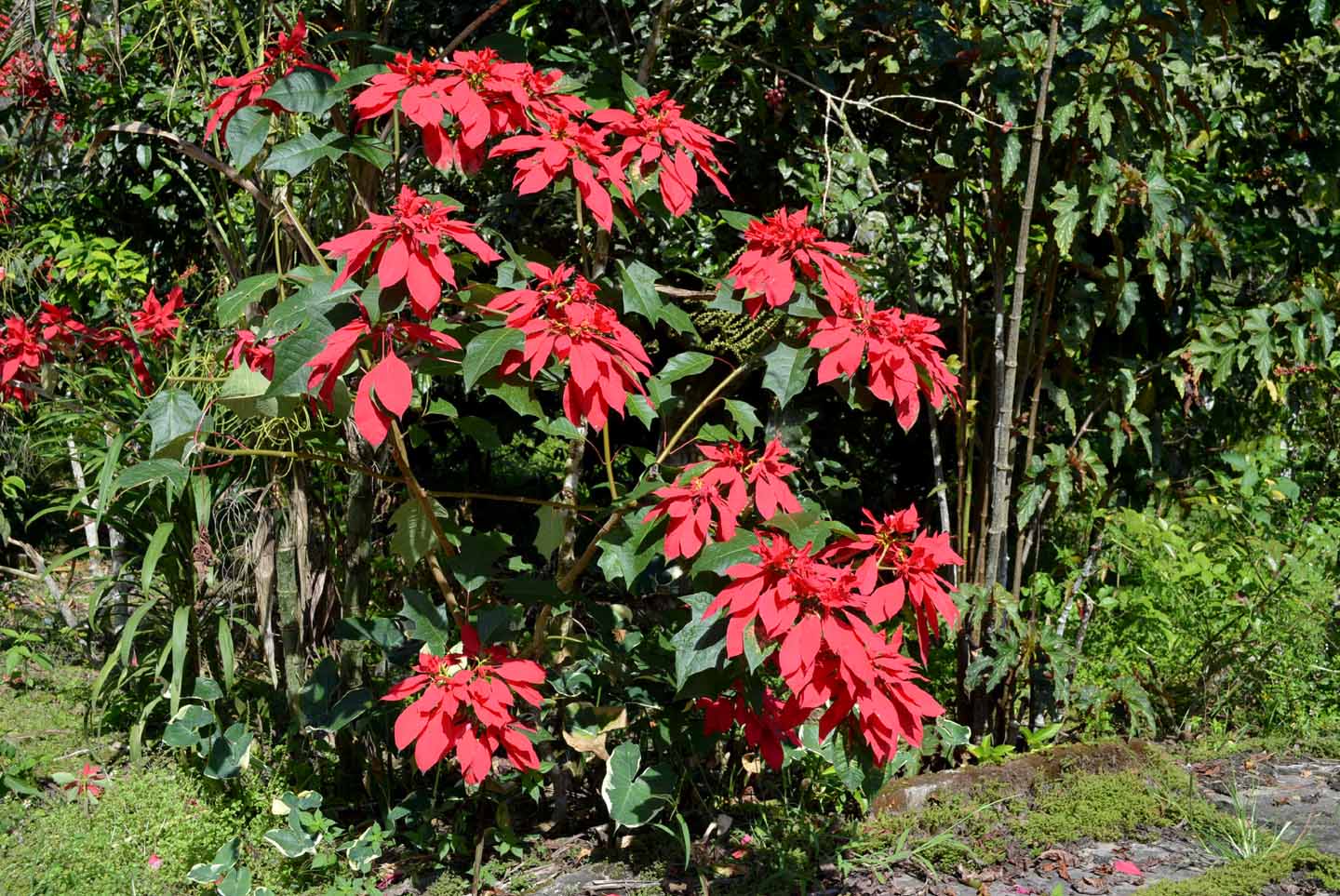
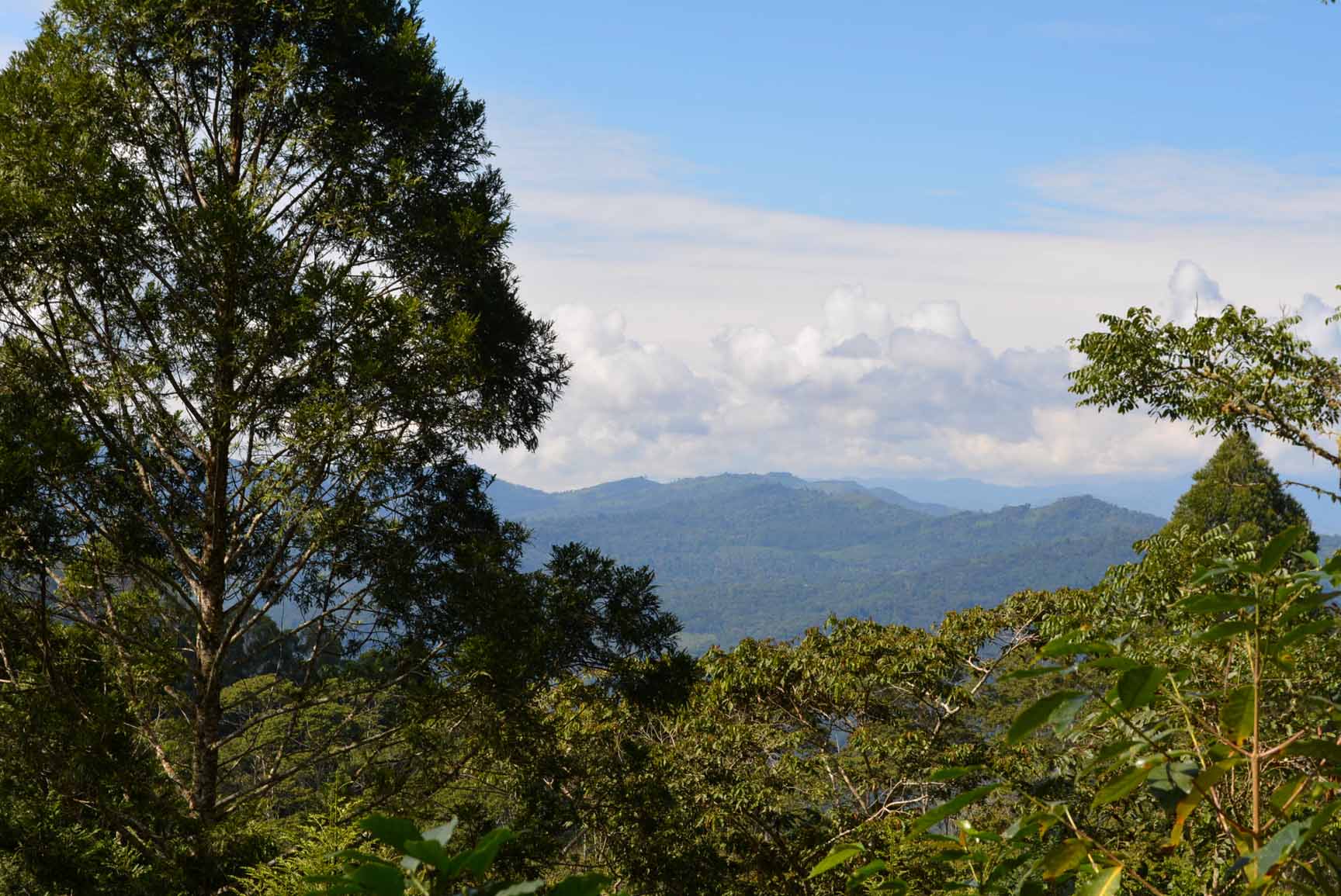
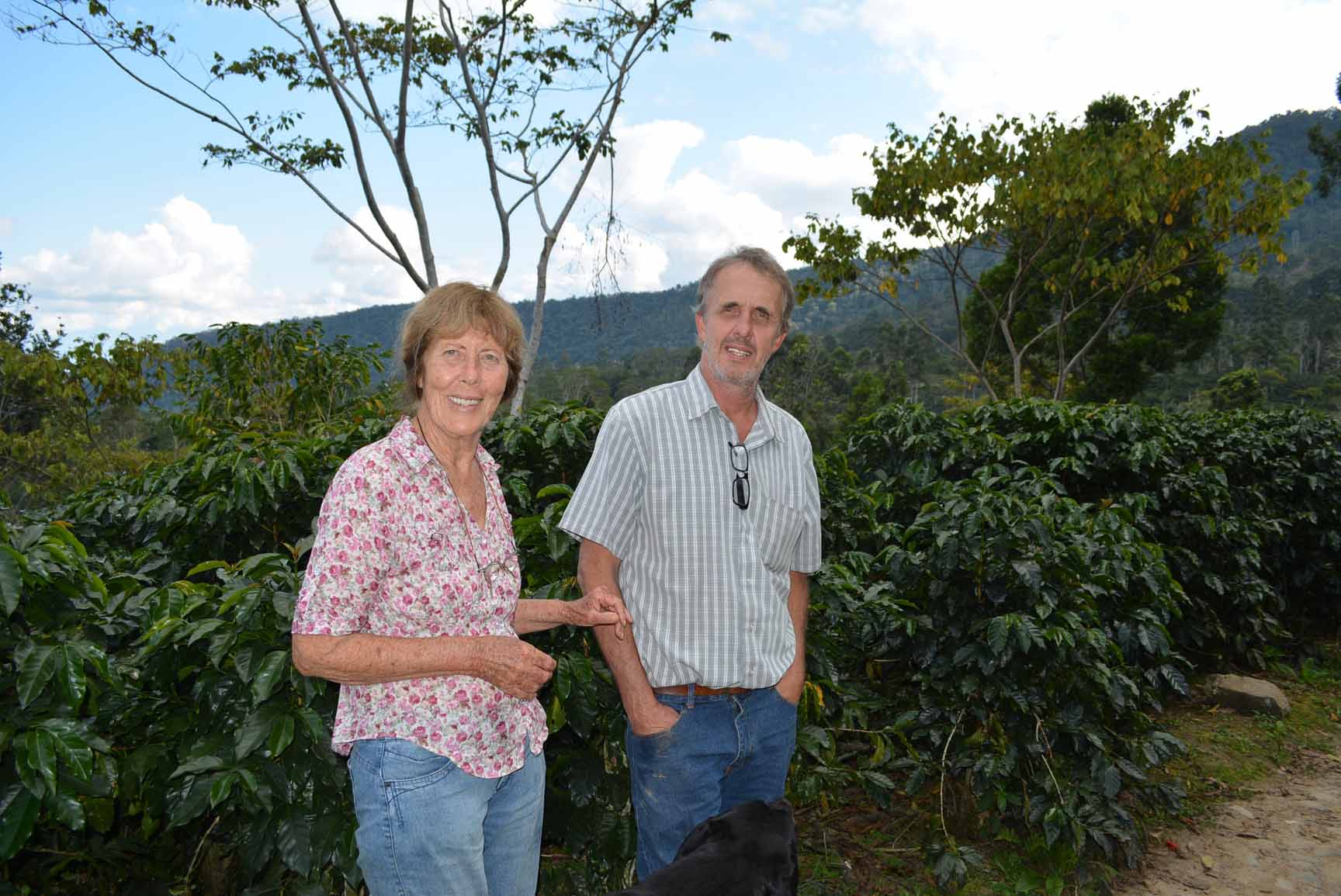
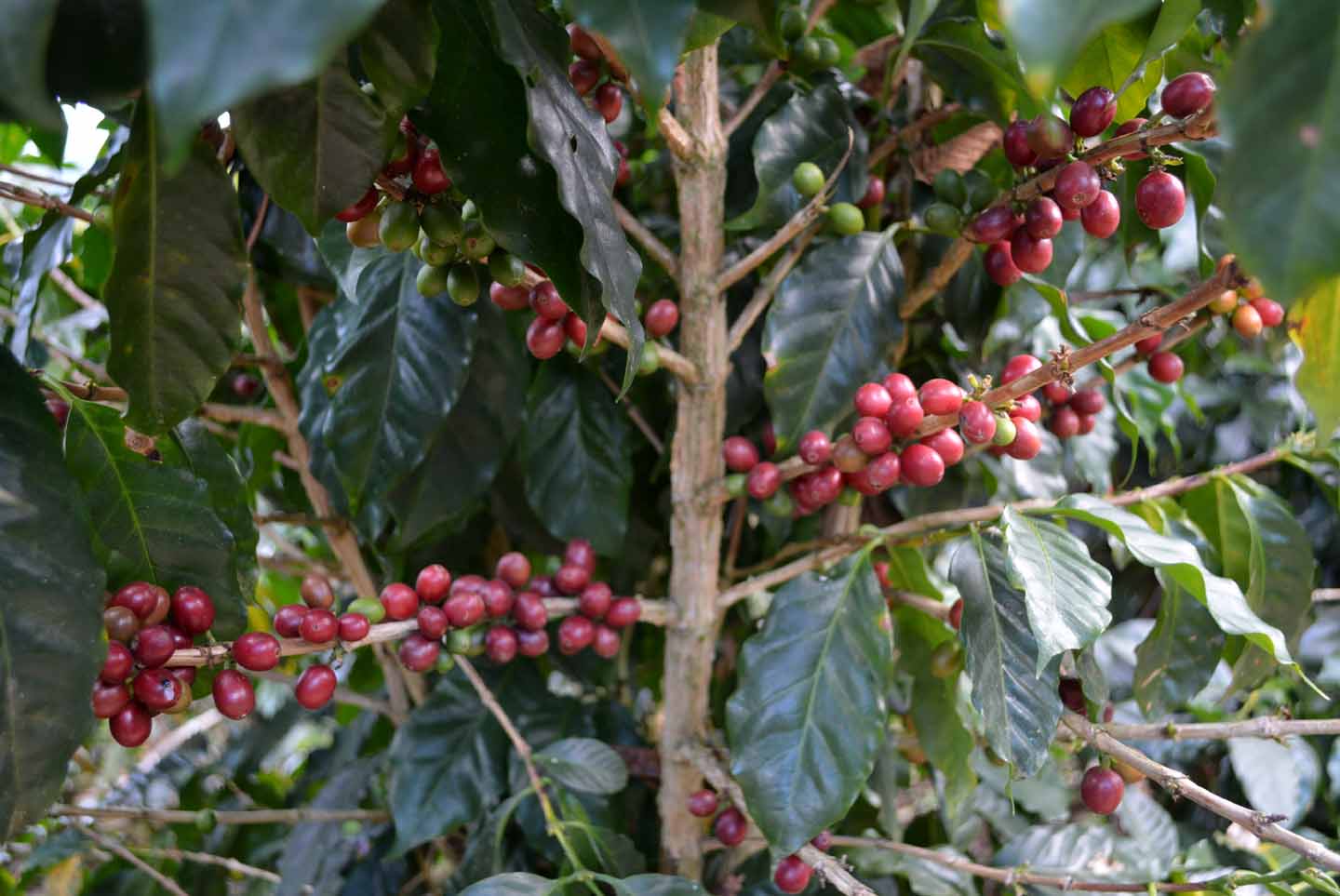
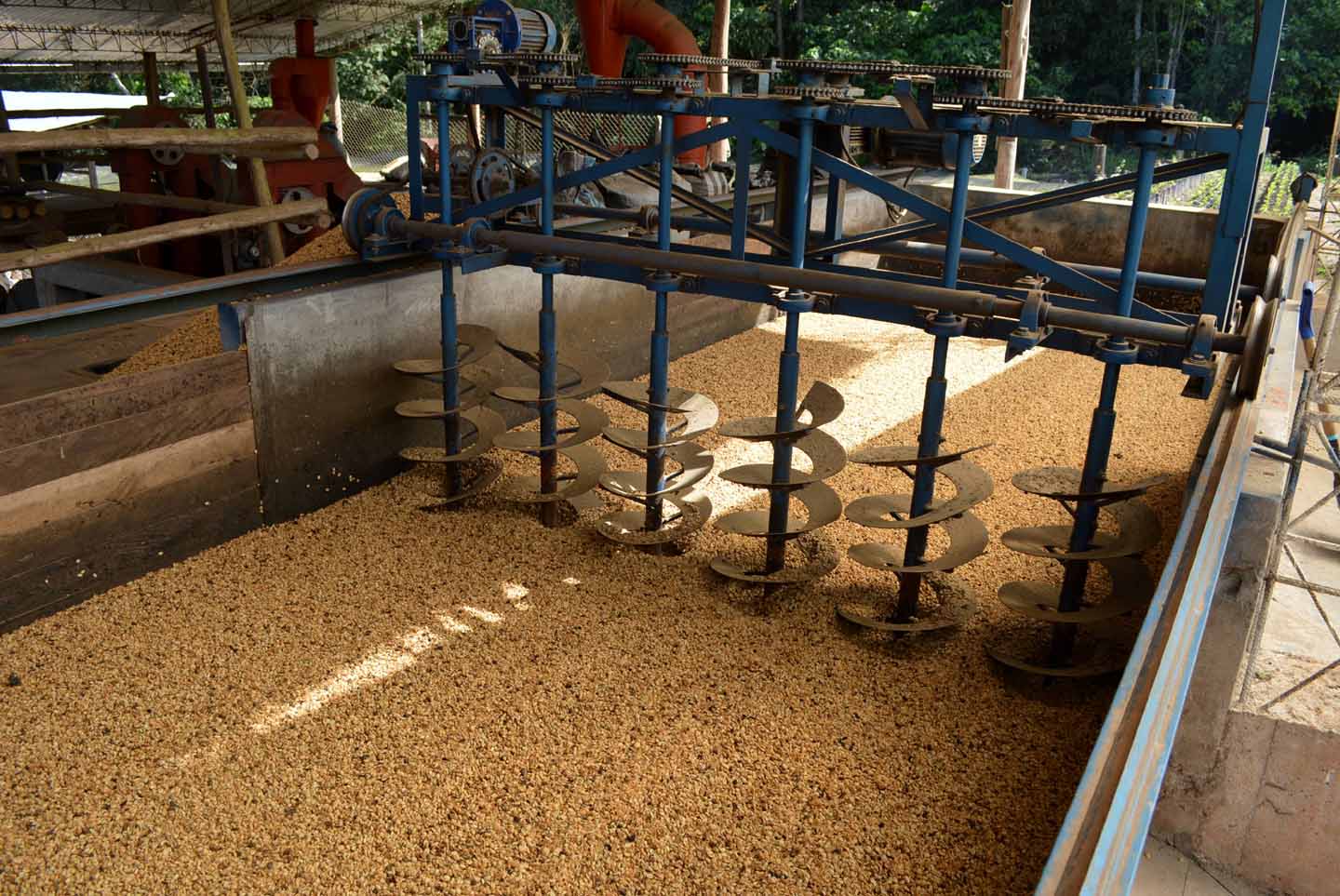

We stop and check out the young coffee plants & spend some time talking about the coffee this year, la roya (coffee rust,) and hopes for continued improvement in production. Horst talks about the many fruit trees on the property & the families that work here. He’s committed to these families not only in the economic sense, but considers them a part of his extended family. During the harvest other workers will join in the frenzy of activity for the coffee season.
It’s a tough business. The coffee brokers in town this year aren’t paying much and costs to harvest haven’t gone down. To survive in this market, Horst has been experimenting with different types of fermentation methods, trying to find the optimum flavors in his coffee. One of the recent honey processed lots has cupped well in the laboratory, so he’s onto something. The high grade specialty coffees can easily sell for double or more what the brokers in town offer. It’s a better model for long term progress.
We check out the whole operation. Fermentation and washing areas for the cherries, and large concrete drying areas where coffee is moved continuously until it reaches the optimum humidity level (below 12%.) There are several storage areas with large wooden coffee storage shelves.
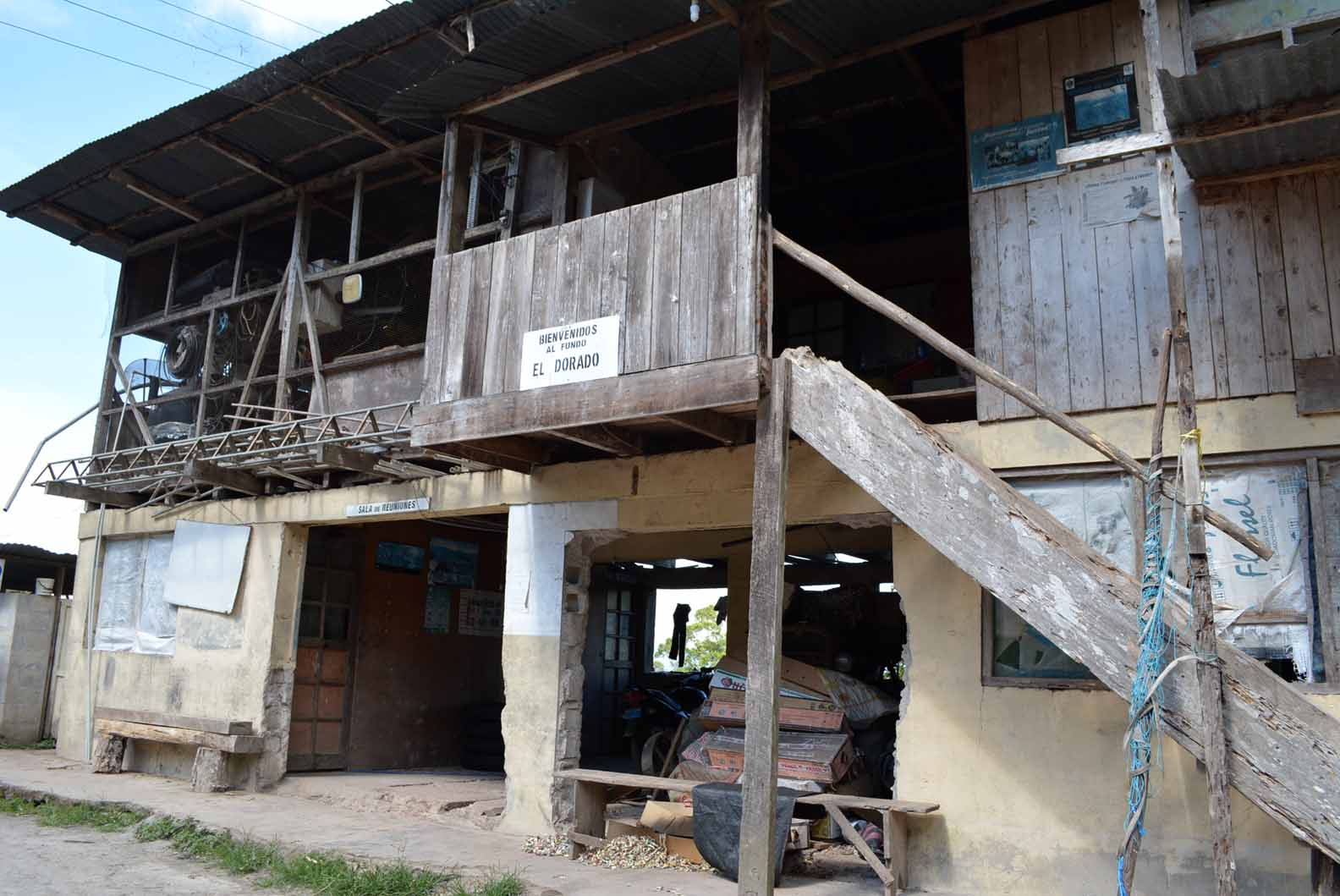
We get a chance to see most everything, and ask questions about coffee varieties, fertilization, etc. The morning flies by.
Next, it’s off to the Horsts’ ranch home for a delicious lunch, and to spend some time getting to know this family. It’s a beautiful home in a garden like setting, idyllic & calming.
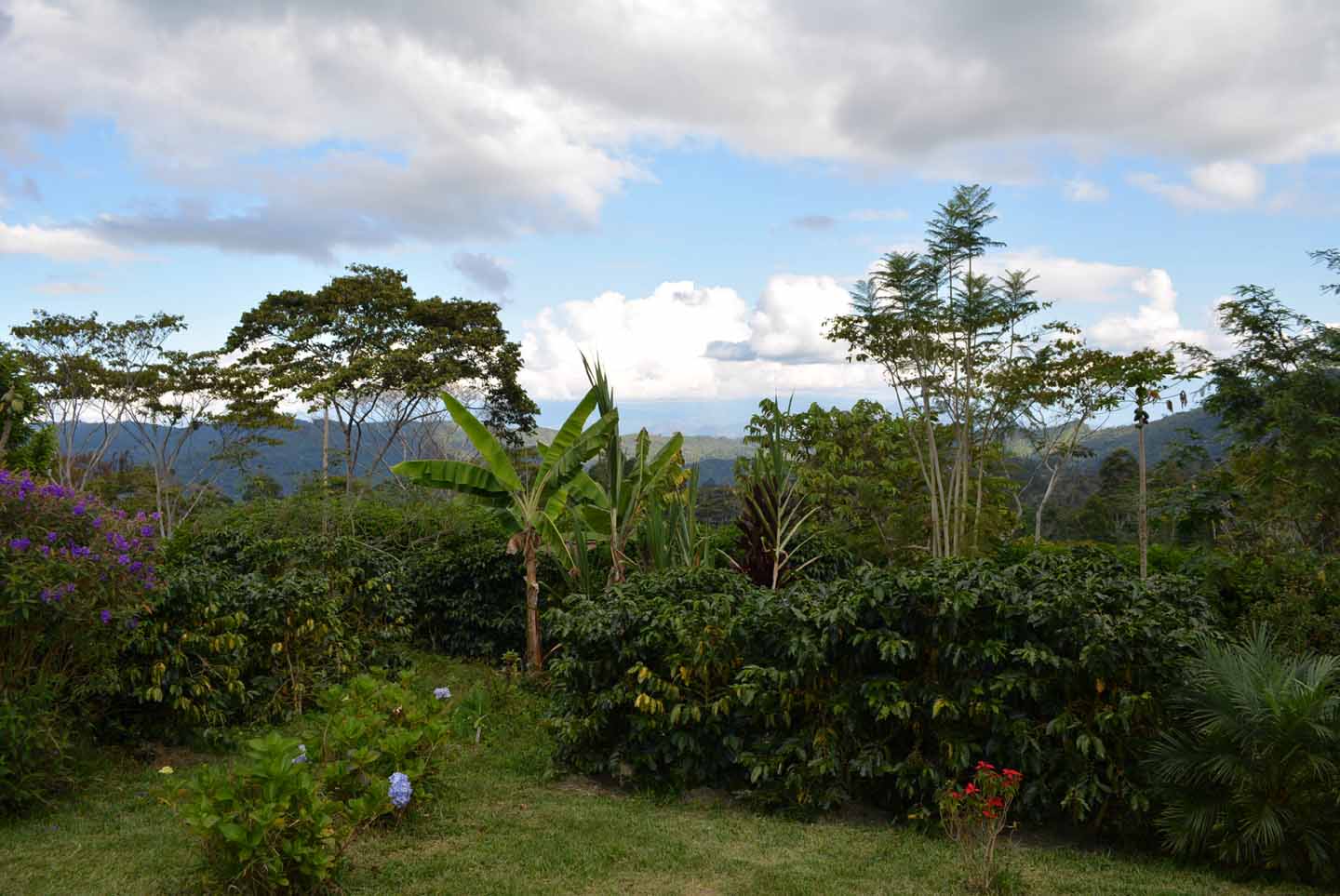
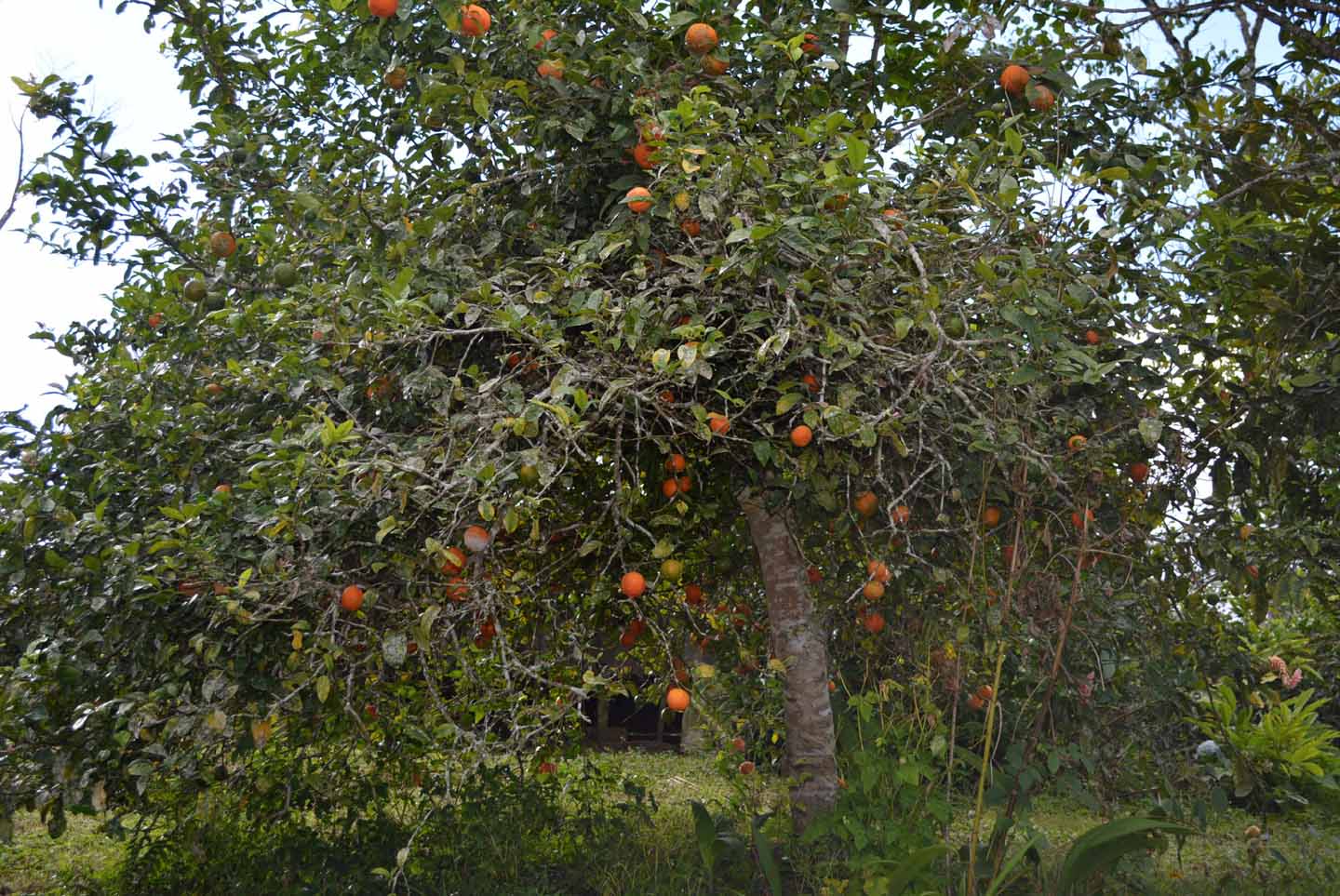
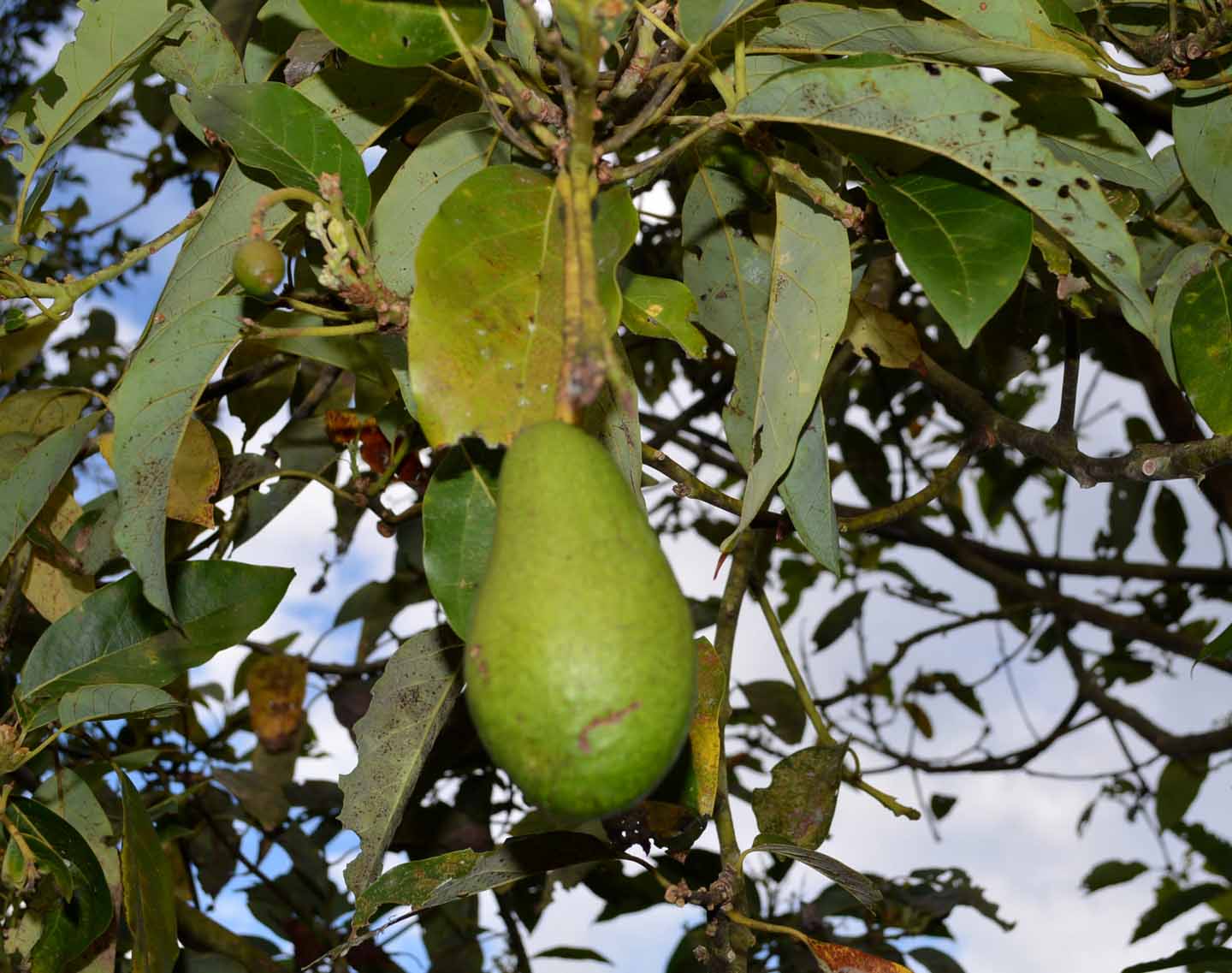
After a delicious lunch of soup, chicken, and pork, we continue our conversation into the afternoon. Gretel describes a recent encounter where a male monkey stopped the car and blocked “traffic” until all the young ones crossed. There’s an abundance of wildlife here, and birds wing from tree to tree in a constant motion in the tropical air.
Cesar leaves, but we stay and take an after lunch tour of the gardens around the house. Fruit & nut trees are abundant, and tomatoes are ripening in raised beds. One can (and they do) live just from what is grown on the ranch. All the workers are free to help themselves to this cornucopia of tropical delights.
Deep Conversations
Later, we spend some time with Gretel (Horsts’ mother) and talk drifts to the times of armed militants and their murderous campaign in the remote areas here & in other rural areas of Peru.
For a time in the 1980s, Sendero Luminoso controlled vast parts of the rural countryside of Peru. It wasn’t until the 1990s when President Fujimori was in office that the rebellion quieted.
As Fujimori took office, Sendero Luminoso numbered close to 25,000 militants and
controlled about one-fourth of all municipalities, but more significantly, it undermined the moral, social, and political order of Peru.Excellent reading for more info: SENDERO LUMINOSO AND PERUVIAN COUNTERINSURGENCY by Russ Switzer, Jr. below: (PDF)
http://etd.lsu.edu/docs/available/etd-01242007-200500/unrestricted/russswitzerthesis.pdf
Villa RIca was under that great evil then, and Gretel speaks of neighbors who were murdered, and Horst talks of fleeing to Germany where he worked for Lufthansa airlines for a time, and lived in Puerto Rico a while until stability returned again. Another brother still lives there in Puerto Rico.
Gretel says that the time has long past, but one can still see a sense of the horror of those times in her eyes. She describes a time where in order to save the ranch, they sold every single possession, and let the jungle retake the area around the house leaving only a “tunnel” through the thick brush as an access. No car, no possessions, and no money.
Gretel would spend her days in the oldest clothing possible, and carry nothing of value. Nights were spent at a friends house in Villa Rica, reading by candlelight in the bathroom. Days she would walk to the farm, each day gaining strength, and soon she could return in less than a half hour. Hidden deep in the jungle brush, she could still retain a sense of dignity in spite of the great fear that pervaded the area in those dark days. She stoically refused to abandon the farm.
Always concerned for the well being of the families that live nearby, and who often are the same families that help with the harvest as workers, and whose very livelihood is vital to the finca, Gretel imported turkeys and rabbits from Lima when she could, and as these animals multiplied they became the stock of meat for the families remaining in the cloud forest here, many others having fled to the bigger cities and safety.
A Brighter Coffee Future
That was long ago now, and the scars remain on the soul, but life is “tranquila” today. Villa Rica is prospering as a nice point along “La Ruta del Café” (The Coffee Way) and the coffee is in full harvest, The place is calm, and feels safe. Even the roads into the jungle that years ago were remote and dangerous are now guarded by locals who ask for a small tip, and keep an eye out at various points & robberies are not a big issue here as in years now long past.
With many beautiful waterfalls & historic sites, the general area is attracting more eco tourism and visitors from all over the world. The locals are friendly, and although it still has a “frontier” feeling, Villa Rica is slowly growing, and seems to bustle with activity like a much larger town.
Focusing on coffee quality is the most important task for the Gehrmanns today. Traditional “commodity” coffee results in poor earnings, and an inability to grow and rejuvenate the farm as needed. By implementing “best practice” harvesting, and careful fermentation, Horst hopes to consistently produce high quality specialty coffee & at the same time support his immediate and extended “family.” It’s already paying dividends.
The afternoon grows late, we take a few more photos & another short walk before stopping to pick up coffee samples and head back to Villa RIca, and onward to San Ramon. The day has become overcast and one feels a sense of eternity here. A timelessness that echoes in the hills as it has for thousands of years before coffee was first planted.
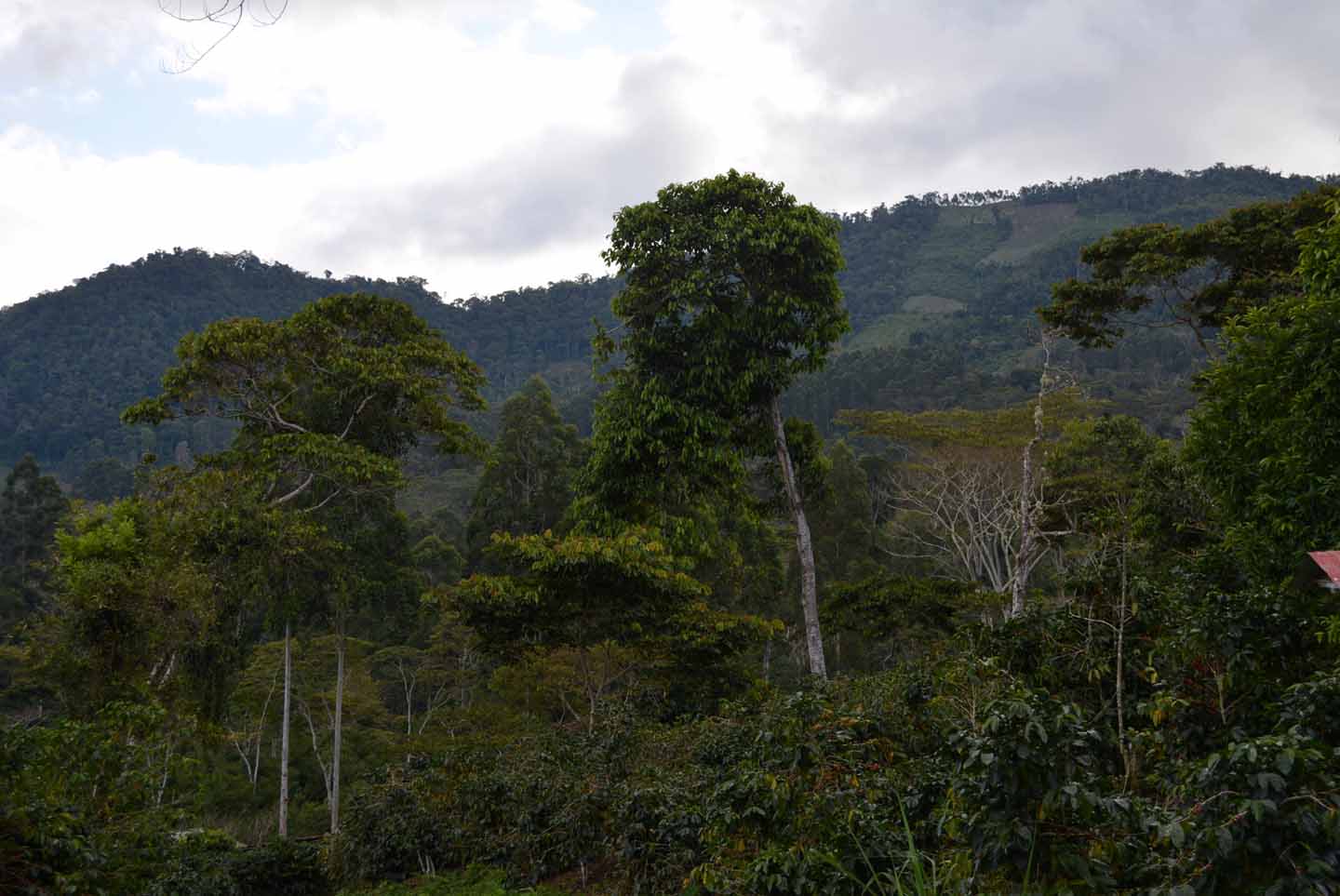
Coming to Your Cup
We purchased a micro-lot of honey processed coffee from the Gehrmann family this year. We’re pleased to see the work that this family owned business is putting into care of the coffee, and are delighted to know them & visit this amazing part of the world. We look forward to bringing you this wonderful single origin coffee.
©2015 Ben Gangloff
You might also enjoy:
Real People, Really Good Coffee: Point of Origin – Chacra D’dago
Real People, Really Good Coffee – Ron Cortez, Cortez Coffee Company
Real People, Really Good Coffee – Frankly Good Coffee
Real People, Really Good Coffee – Angela Patterson – Beale Street Brews
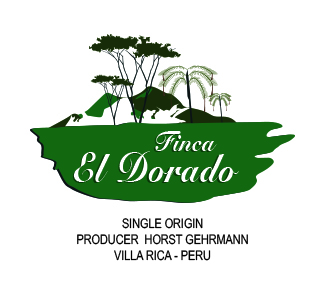
Did you enjoy this page? Have questions? Would like information on something to be posted here? Please drop us a line, or sign up for our email list in the box to the right.
===
Musical Bonus:
